Dekulakisation in the 21st century: whether we should go to war with underground economy
Vladimir Putin set a task to withdraw 30m Russian citizens from the shadow economy
According to Bloomberg, in the part of the first session of the Council on Strategic Development and Priority Projects, which was held behind closed doors, President of Russia Vladimir Putin charged with the solution of the problem of shadow economy and withdraw about 30m Russian citizens who work there. As the economic reviewer of Realnoe Vremya Albert Bikbov thinks, this idea is untimely, to put it mildly. In brief, it's necessary to understand why our citizens enter the black market.
Towards Prodrazvyorstka?
The continuing economic crisis did not pass the state finance by. The deficit in the budget of Russia for the first quarter 2016 has made 1,52tr rubles. Let us remind the budget for 2016 was adopted with a deficit at 2,36tr rubles (3% of GNP). While oil was over $100, the taxmen had enough natural resource rent from oil and gas export. Profits from the export of Russian oil in January-May 2016 reduced 1,5 times to $26,14, compared with $39,81bn in the analogous period last year.
Reserve funds are also rapidly melting. According to the estimates of the Ministry of Finance, the Reserve Fund of the Russian Federation will have returned to zero by the end of 2017 and 40% of the Russian National Wealth Fund will be spent during the next three years.
'No money for pensions. But have a good day!' is PM Dmitry Medvedev's historical phrase clearly and truly reflects the situation. Indeed, there is no money in the Treasury. Budgetary deficit growing by leaps and bounds makes the taxmen look for any ways of making money.
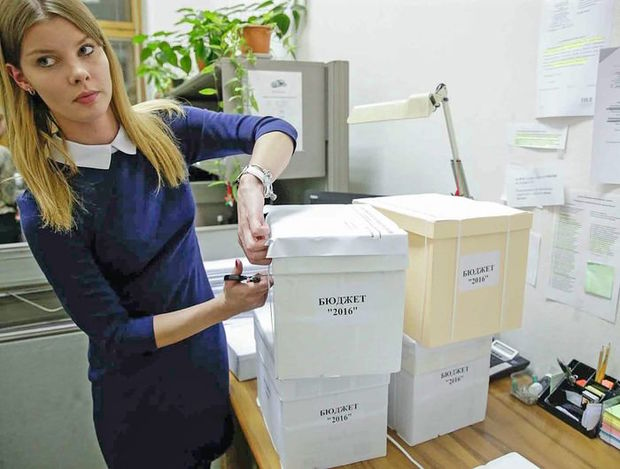
An introduction of the progressive tax is seriously being discussed in the government. They also think to toughen the taxation on luxury goods and, in the taxmen's opinion, 'excessive' property.
Ideas of social fairness have always been popular among politicians, especially before the election. The progressive tax is a controversial stuff because flat tax, which was introduced at the beginning of the 2000s, led to a mass exit from the underground – income tax receipts increased by 0,7-0,8% of GNP. Moreover, the introduction of flat tax resulted in the increase of tax receipts because many well-off citizens gave up tax dodges. But supporters of the motto 'Budget by all means' seem to win this time.
It is the turn of freelancers
On the Petersburg International Economic Forum one month ago, Minister of Finance Anton Siluanov stated that in autumn the Ministry of Finance and the Federal Tax Service of Russia is going to table a proposal to the government to withdraw 'grey' salaries from the shadow. And according to Bloomberg, on 13 July, in the part of the first session of the Council on Strategic Development and Priority Projects, which was held behind closed doors, President of Russia Vladimir Putin charged with the solution of the problem of the shadow economy and withdraw about 30m Russian citizens who work there.
However, the dekulakisation of rich people is only a Band-Aid solution. What is more, many of them can defend themselves with the help of lawyers and tax consultants. One cannot make a fortune on them. This is why the authorities globally aimed at the shadow economy.
According to the data of a questionnaire that has been published this month by the Russian Academy of National Economy and Public Administration, about 30m people or, more precisely, 40% of the total number of economically active population of 76,5m people, are a part of the black labour market in different points.
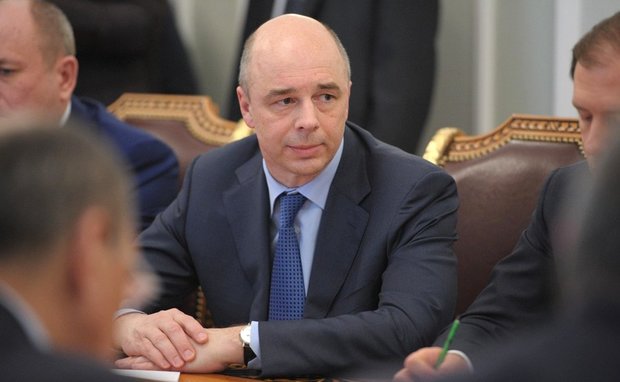
Mechanics, builders, doctors, tutors, veterinarians and many and many other professions are in the shadow economy of Russia. The second name of this sector of the economy is underground economy: these are the people who are literally outside of the tax system. According to calculations, the underground economy may account for 25% of GNP of Russia. As you can see, the numbers are enormous. This is why the authorities think there is big room to solve budgetary problems here. This is how Bloomberg describes a typical freelancer:
'The appeal of working off the grid is obvious for Alexander, a 36-year-old who moved to near Moscow after quitting his military career in the Far East. Doing a 30,000-ruble ($469) factory job for five years, he found that his construction work on the side, laying tiles, proved more profitable.' Alexander says he quit and found a partner, another ex-military man who specialises in plumbing repairs. Their earnings may be uneven, but he now makes 80,000 rubles to 150,000 rubles a month, enough to buy a car and pay off a mortgage. Shunning advertising and relying strictly on word of mouth for referrals, their order book is full for three months ahead, he said.'
For Alexander, there's little incentive to pay into a system that returns so little in old age, with the average Russian pension near 12,000 rubles. 'To hell with it,' he said. 'My wife's working in a school. She'll get two kopecks for retirement.'

Glory to freelancers!
The implementation of the totalitarian 'tax pressing', in fact, will face a fierce opposition of the majority of people, of course. To ask money during the crisis that just hurt the effective demand of freelancers is an untimely idea, to put it mildly. Small business, medium-sized business, freelancers – they are all in the disaster area because they suffered much from devaluation. As a rule, they cannot export their products and services, that is to say, they cannot jack up the prices for their goods and services to the prices of the global market in order to compensate devaluation. Costs are growing. Our country is far from total import substitution. Moreover, they are not monopolists. In other words, they work hard to earn every kopeck because there is a high domestic competition. Freelancers handle the crisis on their own, without any help of the budget. They deserve honour and respect only for it!
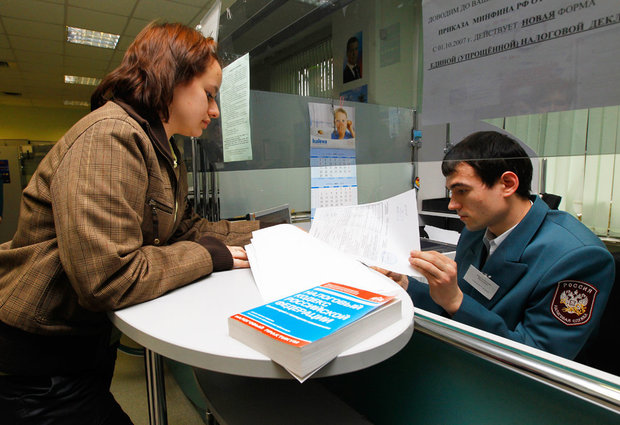
The other path
There is a wonderful book written by Peruvian economist Hernando de Soto Polar called The Other Path: The Invisible Revolution in the Third World in order to understand the motives of the citizens to hide in the informal sector. The book was issued in 1987 and became a bestseller in a flash.
The book lifted the veil on a mechanism of the economic underground in less developed countries and turned the notion of foreign researchers about the role and meaning of the shadow economy in the modern market economy upside down. The concept of the other path defines a new paradigm of theories of the informal sector of the economy now.
The author of the book thinks that bureaucratisation impeding a free development of competitive relations, not freelancers' backwardness who are not capable of finding a place in the legal sector, is the main reason for the growth of the informal sector. In fact, the Peruvian economist proves that legal economy of developing countries is entangled with clan and bureaucratic ties, while black marketeers establish a truly democratic economic regimen by organising their private economy based on laissez-faire.
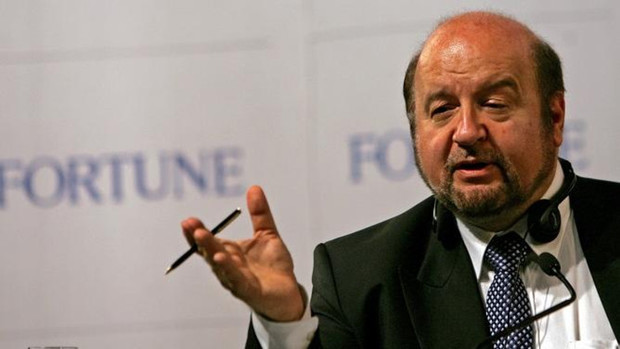
As Hernando de Soto writes, their research demonstrated that the readiness of Peruvians to run an illegal business is a result of a rational assessment of law-abiding costs. So, irrational legal regimen when a company's prosperity depends on its good performance to a lesser extent and the costs imposed by law – to a greater extent. So, according to him, an entrepreneur who better manipulates these costs or links with functionaries is more successful than a boss who cares about his or her business only.
Let us add that this state of affairs is observed not only Peru. One can talk about bad Russian institutes for hours. But it is true: property rights, independence of legal system and burden of the state regulation were under the 100 th position among the 140 countries in the Global Competitiveness Index 2015–2016.
The costs of the law-abiding behaviour are very expensive. In a legal business, an entrepreneur is to incur the costs of access connected with the obtaining a right to run a business. Having obtained an official sanction on his or her business, an entrepreneur always is to incur the costs of continuance of the legal activity: pay taxes and social payments, follow the bureaucratic regulation of operational standards and incur losses because of the ineffectiveness of shipbuilding while solving problems or collection of debts.
As Hernando de Soto writes, the research on the activity of small industrial firms done in Peru showed that law abiding is 347,7% of net profit on average (it means that profit in small business would increase 4,5 times if there were not any costs on law abiding). What is more, taxes swallow just 21,7% of the costs on law abiding. Bureaucratic procedures, not taxes, (managers spend 40% of their time on it) are the main source of pressure on business. So, the devil is not hidden in taxes.
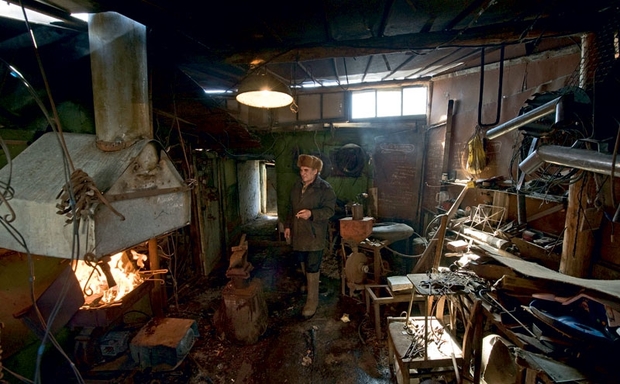
Choosing an illegal organisation, an entrepreneur gets rid of a law-abiding price but has to pay for illegality. The costs of informality (risk of being captured and punished is partially reduced by bribes as a special form of insurance), increased rates in the shadow capital market, impossibility to participate in capital-intensive spheres of production, relatively weak protection of property rights, the price for the impossibility to use a contract system (the danger of breaching business obligations) and insufficient effectiveness of the non-contract right are included in the second group of the costs.
Having compared the costs of the legal and illegal sector, 30m of Russian citizens voted with their feet for the latter. The crisis added new fighters to this informal legion. Freelancers survive as they can. Getting rid of the frankly criminal sector and beginning to lift the veil can come to a sticky end. To reduce taxes, bureaucracy, excessive regulation, terrible corruption – then citizens will start to understand the benefits of the legalisation and come out of the shadow themselves. Tax terror cannot help here!